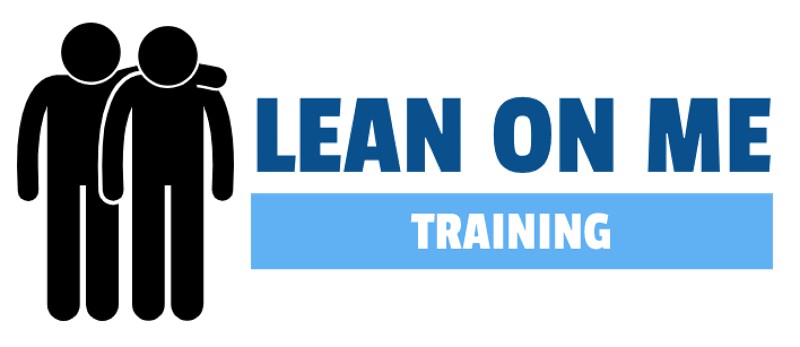To the casual observer, Paul Cooper’s 30-year career in business was nothing but a success.
The former submarine technician would go on to serve project management, executive and non-exec roles for companies including tech giant IBM, Atos and FTSE 250 firm Interserve, while also founding and leading his own food production company.
Yet hindsight has afforded him an alternative perspective. “Looking back on my life now, I would say in the 30-odd years of my professional career, I probably suffered from some sort of mental illness for a third of it,” he confides to TechBlast.
“I was driven to succeed for reasons which weren’t conducive to my own health. When you’re in a working environment which is highly pressured and you feel the need to perform and push forward, you push these emotions to one side.
“You don’t declare the fact that ‘hey, I’m not really feeling great today’. You might have had a death in the family, and it isn’t seen as manly to grieve – so you keep that in. There could be any number of reasons for it.”
Mental health issues would see him step away from corporate life five years ago and ultimately, at the age of 56, retrain as a personal fitness coach – only for disaster to strike during a cycling training camp in Majorca.
“I came off my road bike at about 45 miles an hour on a mountain road. I suffered concussion; my left shoulder was smashed up; my left hip was smashed up. I think I came within about a centimetre of losing my left arm. It was quite horrific.
“That prevented me from going back to being a personal fitness coach, which sent me into serious depression. On two occasions I came very close to taking my own life. I was doing the typical man thing until my partner told me I needed to get some help.
“That put me on a path of recovery which included antidepressants and cognitive behavioural therapy (CBT). The drugs were a shock to the system and something that I wanted to come off as quickly as possible. So with my counsellor I actually put a plan together which ultimately led me down to a vocational calling with mental illness.”
He became a Samaritan then a mental health first aid instructor for Mental Health First Aid England, before founding Lean on Me Training in 2020.
“The biggest problem with mental health is that people don’t talk about it and how they are feeling,” says Cooper. “Northern men in particular will say ‘I’m fine’ when deep down they may be suffering with degrees of depression, anxiety, bipolar… there’s a whole raft of different conditions that people hide.
“90% of people who phone in sick because of mental illness will declare something else: they’ll claim they have a migraine or bad back. They will very rarely stand up and say, ‘sorry, I can’t come in today boss, I’m suffering with depression’. Why? Because of the stigma and discrimination that goes alongside of this.
“People don’t fake mental illness; they fake being okay.”

The business delivers mental health training to clients including Dixons Carphone Warehouse. Cooper says companies are increasingly recognising the “silent emergency” of mental health within business and treating it in the same way as physical health.
However this hasn’t always been the case – and for many, mental health remains a taboo subject.
A mental health first aider trained by Lean On Me will be approachable for employees and also look out for signs and symptoms of mental illness. “It’s very difficult to talk about this thing if you haven’t got somebody in front of you who is sympathetic and empathetic to your situation – and perhaps trained to be dealing with these, quite frankly, very challenging conditions,” Cooper explains.
“Levels of suicide are going up; levels of depression are going up; levels of anxiety are going up. Some of those are directly related to COVID or the impact of COVID, where people are no longer in the office and denied social interaction. Anxieties and equivalent levels of depression have gone through the roof. Businesses have therefore suffered as a result of that.”
While keen to point out that the chief motivator for businesses is to look after their staff’s mental health, Cooper tells me that this can have added benefit to the business itself.
“You’ll know yourself, being a Northern guy, that people will turn around and say, ‘What’s up with you? Grow a pair. Get some backbone.’
“All these sort of things totally diminish the impact that mental illness has on individuals – and companies that are recognising this and putting in programmes of wellbeing, such as Currys and PwC, are now seeing a very direct benefit to their bottom line.”


